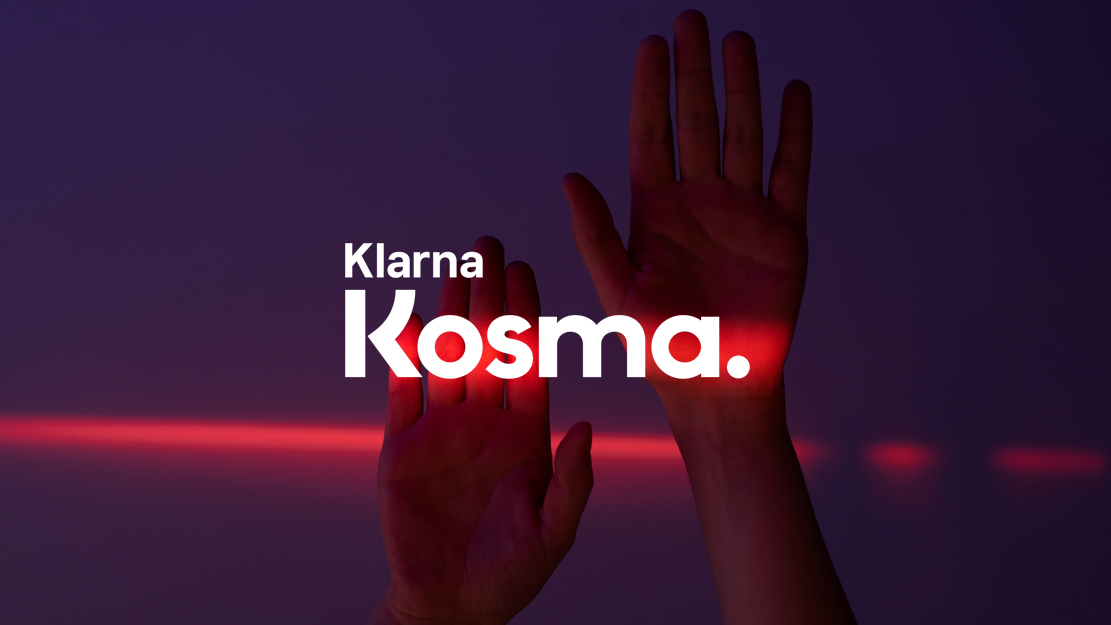Swedish Buy Now, Pay Later (BNPL) company Klarna has launched a new initiative designed to speed-up the development of Open Banking services.
The company's FinTech platform Klarna Kosma, which is behind the scheme, said it will help e-commerce start-ups develop proof-of-concepts.
The Open Banking ‘autopilot’ gives organisations access to a free product development sandbox built on its bank aggregation platform.
Launched in April this year, Klarna said that its FinTech platform provides merchants with connectivity that allows them to develop the “next generation” of apps and services by providing access to 15,000 banks across 24 countries with an API.
Only a select number of start-ups and established organisations will have access to its network of banks and a number of products on its Open Banking platform for free for a three-month period.
“Open Banking was introduced to wrest control of consumer data away from the big banks and make it securely available to drive innovation,” said Wilko Klaassen, vice president of Open Banking at Klarna. “With that data accessible through simple APIs, with consumers’ permissions, a whole new vista of potential use cases has opened up. The initiative we are launching today aims to add rocket fuel to the innovation process.”
Klarna Kosma recently announced an Open Banking partnership with Swedish digital loans platform Krea to make loans more accessible and affordable for SMEs in Sweden.
In September Klarna announced it would cut more of its staff after it axed 10 per cent of its workforce earlier this year.
The move came weeks after the Buy Now, Pay Later (BNPL) firm announced it had lost £500 million in the first half of 2022, driven largely by employee costs and credit losses as a result of its market expansion.
Latest News
-
Morrisons deploys real-time engagement platform in stores to boost personalised promotions
-
Frasers Group acquires majority stake in Italian sports retailer Maxi Sport
-
Lidl invests £29m in latest pay increase
-
Casino Group signs long-term agreement with Spar
-
Extra Shop rolls out electronic shelf labels
-
Evri launches new scheme to upskill workers in AI and data
Beyond Channels: Redefining retail with Unified Commerce
This Retail Systems fireside chat with Nikki Baird, Vice President, Strategy & Product at Aptos will explore how unified commerce strategies enable retailers to tear down these barriers and unlock new levels of operational agility and customer satisfaction.
The future of self-checkout: Building a system that works for consumers and retailers
In this webinar, industry leaders discussed what the future of self-checkout looks like and how retailers can make the technology work for everyone.
© 2024 Perspective Publishing Privacy & Cookies










Recent Stories